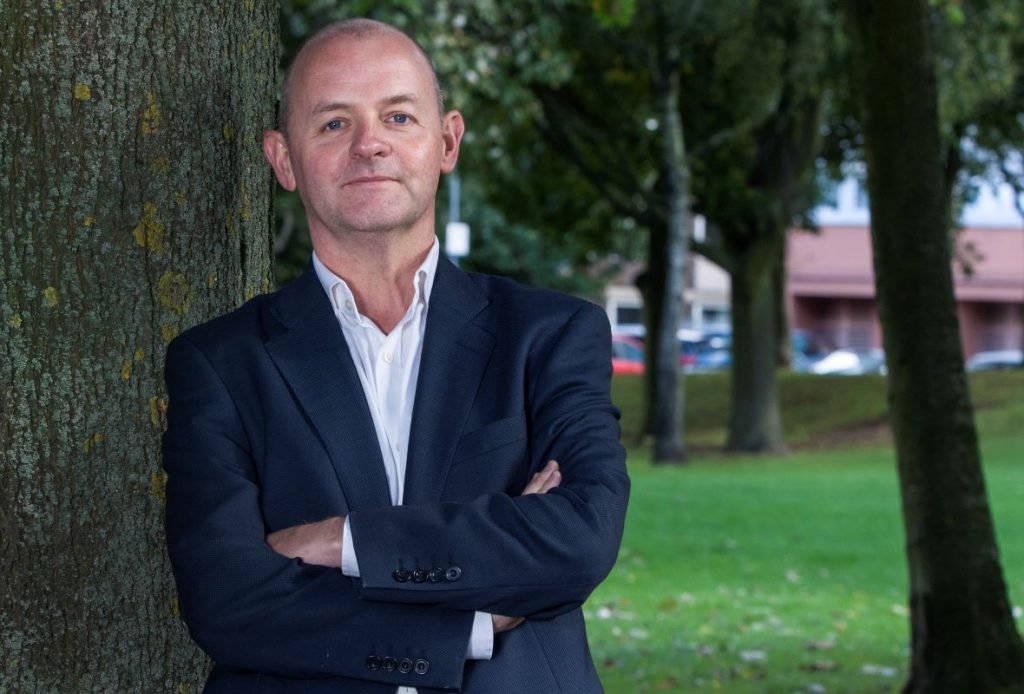BLOG: Equity, community and sustainability
The inequalities affecting BAME communities and the specific injustices suffered by black people have been shockingly and brutally laid bare this week. As a charity committed to supporting the most marginalised in society, events have led us to reflect hard on how our work can make a more significant and direct contribution to the issues being raised.
The publication of the study by The Intensive Care National Audit and Research Centre into Covid-19 deaths means we know for sure that the pandemic is disproportionately impacting BAME communities. New analyses emerging by the day point to the likelihood that the social and economic legacy of the crisis will add further layers to this injustice in terms of unemployment and ongoing mental health issues.
Although shameful, this is hardly surprising. The links between race, disadvantage and access to services have been evident for decades in the UK and the pandemic has both highlighted and exacerbated them. Meanwhile, the Black Lives Matter protests remind us all that inequality is born of a power imbalance that needs to be addressed at every level in society.
This matters to the work we do at Groundwork to create better local environments, improve people’s prospects and support sustainable behaviours. People from BAME communities are less likely to visit their local park and Black people are much less likely to have a private garden than the rest of the population. Those same communities are more likely to live in poor quality housing, neighbourhoods with worse air quality and will feel the most injurious effects of climate change, whether through high temperatures, water scarcity or flooding.
Groundwork’s new strategy commits us to tackling inequity by supporting practical action on poverty and the environment. It draws on nearly 40 years of learning that demonstrates the power and potential of local environmental action to build the confidence, capability and skills to help people take more control over their lives and play a more active role in determining the future of their local area. It relies on our youth and community workers, employment support advisers and environmental experts understanding the circumstances in which people live, providing peer support and positive role models and designing interventions that enable people to realise their own aspirations.
If we’re to continue doing this successfully, then we need to reflect not just on the impact our services deliver, but on the insight we have as an organisation into the problems we’re seeking to address. We need to ask whether we can build sufficient trust to be seen as an ally of those who may feel marginalised or oppressed and whether we have the confidence and courage to share power with those we seek to serve. We also need to learn from, partner with, and defer to those organisations grounded in the struggle.
The degree of diversity in the environmental sector, indeed the wider voluntary sector in the UK, has long been an issue. Our tendency at Groundwork to recruit from the communities in which we work and our desire to empower those with lived experience to lead service design and delivery supports a diverse workforce, but ethnic diversity diminishes further up the management hierarchy and is even more scarce around board tables. Our structure means we have lots of entry points and lots of opportunities for people to engage in decision-making, but we need a concerted effort to break down institutional barriers and overcome societal conditioning and unconscious bias.
Like many we’ve committed to a dedicated programme of work designed to confront some of these uncomfortable truths and chart a course of action that meets our aspirations for inclusivity and transparency while remaining relevant to our charitable mission and authentic to our experience.
Covid-19 and the associated lockdown have demonstrated that we need to go much further as a society in tackling health inequalities, in helping people of all backgrounds access the restorative benefits of nature and supporting those who are out of work or in insecure jobs to navigate their way through a changing economy. We’re focused on playing our part in helping communities cope with and recover from what we will look back on as a national tragedy. As we do that there is an opportunity to re-configure our social infrastructure in a way that harnesses the community spirit we’ve witnessed and is genuinely empowering. If we’re to make that recovery equitable as well as sustainable then there’s an absolute imperative to focus on the places that have borne the brunt and the people who often pay the highest cost.
In a week when shocking injustice has been apparent both at home and abroad it’s incumbent on us all to reflect and re-commit ourselves to tackling it in as many ways as possible to create the safe, sustainable and fair communities we all want to see.
By Graham Duxbury, Groundwork UK, CEO

